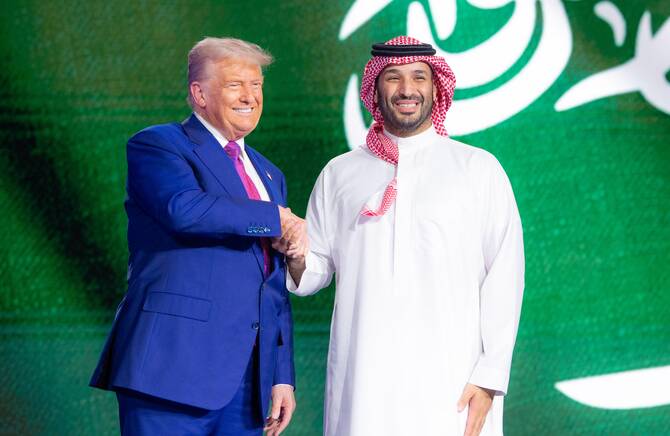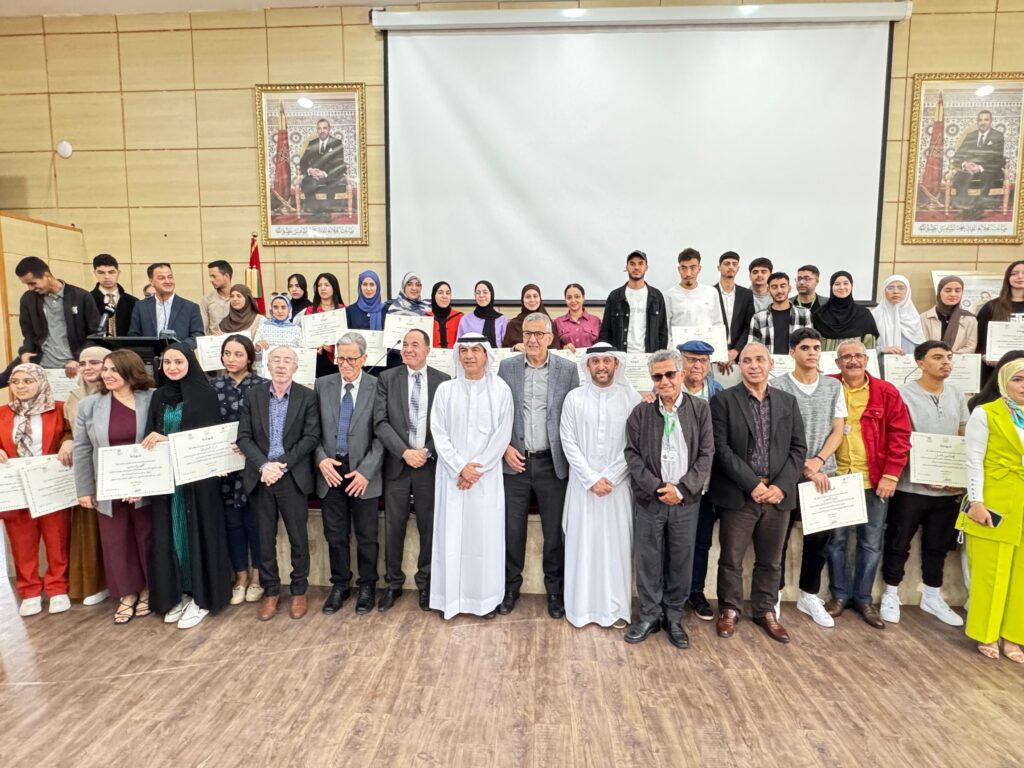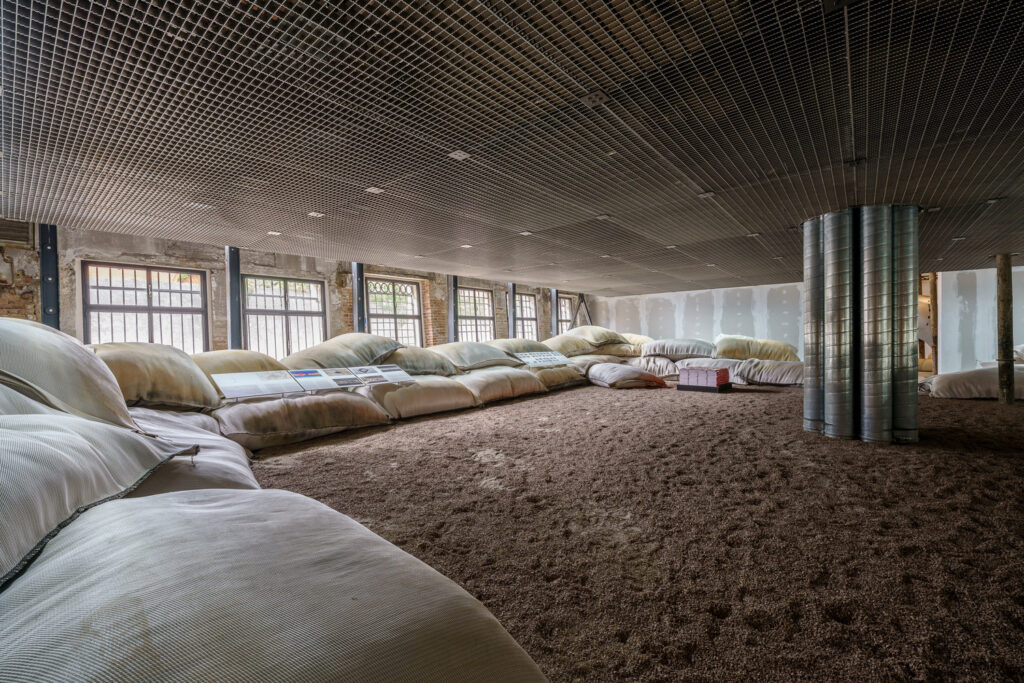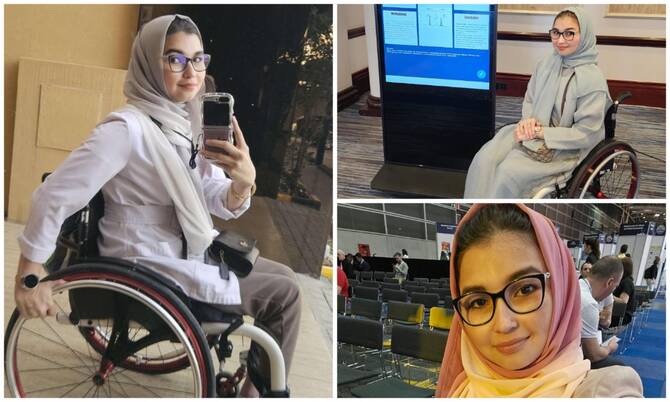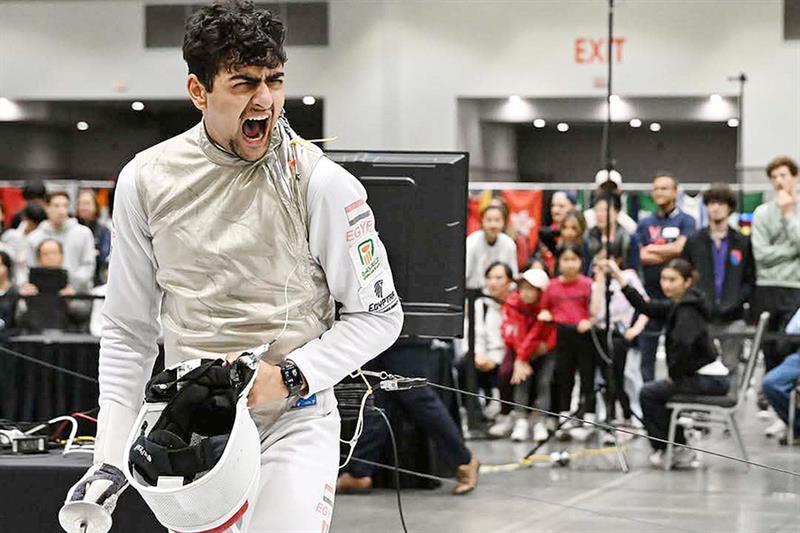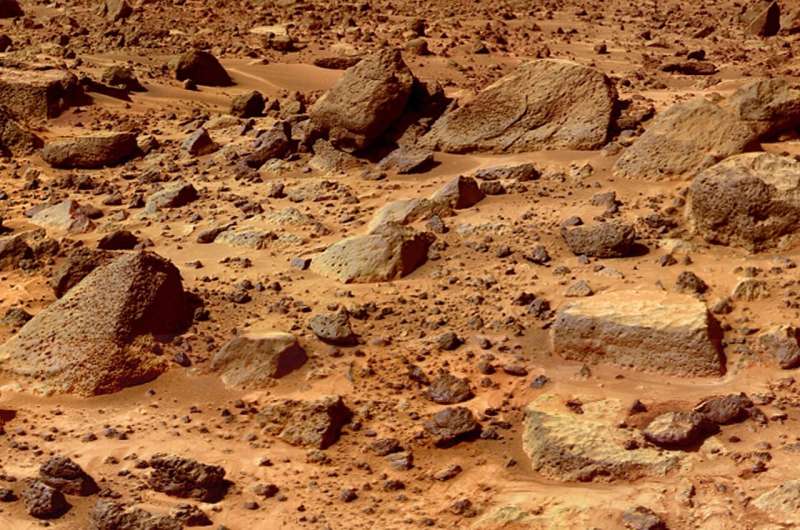BUILDING LASTING PROSPERITY FOR AMERICA AND OUR ALLIES: Today in Abu Dhabi, President Donald J. Trump announced over $200 billion in commercial deals between the United States and the United Arab Emirates—bringing the total of investment agreements in the Gulf region to over $2 trillion.
- President Trump continues to advance the interests of the American people, enhancing market access for American exporters to strengthen our economic and national security.
- These deals will significantly expand investment in the United States and U.S. market access in the United Arab Emirates.
- The following represent just a few of the many transformative deals secured in the United Arab Emirates:
- Boeing and GE Aerospace secured a $14.5 billion commitment from Etihad Airways to invest in 28 American-made Boeing 787 and 777X aircraft powered by GE engines. With the inclusion of the next-generation 777X in its fleet plan, the investment deepens the longstanding commercial aviation partnership between the UAE and the United States, fueling American manufacturing, driving exports, and supporting 60,000 U.S. jobs.
- In Oklahoma, Emirates Global Aluminum will invest to develop a $4 billion primary aluminum smelter project, one of the first new aluminum smelters in America in 45 years, that will create a thousand jobs in America, strengthen critical mineral supply chains, and double current U.S. production capacity.
- In line with President Trump’s executive order to unleash American energy leadership worldwide, ExxonMobil, Occidental Petroleum, and EOG Resources are partnering with the Abu Dhabi National Oil Company (ADNOC) for expanded oil and natural gas production valued at $60 billion that will help lower energy costs and create hundreds of skilled jobs in both countries.
- RTX is partnering with Emirates Global Aluminum and the UAE’s Tawazun Council on a pioneering Gallium project that will help secure and stabilize the United States’ critical mineral supply chain. By diversifying sources of this essential input for semiconductors and defense technologies, the partnership strengthens America’s supply security, supports high-tech manufacturing, and creates jobs across the U.S. critical minerals and defense industrial base.
- Qualcomm is expanding its global innovation footprint through partnerships with ADIO and e&. A new Global Engineering Center in Abu Dhabi will focus on AI, data centers, and industrial IoT – advancing the UAE’s digital transformation while supporting U.S. research, engineering jobs and demand for American technologies. Meanwhile, the collaboration with e& accelerates the deployment of advanced connectivity, edge AI, and cloud computing solutions. Together, these efforts strengthen Qualcomm’s leadership in critical technologies, fuel U.S high-tech job creation, and bolster America’s economic and national security.
- Amazon Web Services, e&, and the UAE Cybersecurity Council have launched a Sovereign Cloud Launchpad to accelerate public cloud services adoption in the UAE. The initiative is expected to contribute $181 billion to the UAE’s digital economy by 2033 and includes a new UAE cybersecurity technology Innovation center. This collaboration expands demand for U.S.–developed cloud infrastructure and cybersecurity technologies, supporting high-skilled jobs in the United States and reinforcing U.S. leadership in secure digital innovation globally.
- These deals lay the foundation for investment, innovation and good-paying U.S. jobs, including in frontier technologies, aerospace, energy, and critical minerals.
- Today’s deals strengthen the U.S.-UAE investment and trade relationship and build on the UAE’s landmark commitment to a 10-year, $1.4 trillion investment framework that will contribute to the U.S. boom in AI infrastructure, semiconductors, energy, quantum computing, biotechnology, and manufacturing.
- The U.S. and UAE signed an AI agreement today that supports the $1.4 trillion investment commitment secured in March. This includes the UAE committing to invest in, build, or finance U.S. data centers that are at least as large and as powerful as those in the UAE. The agreement also contains historic commitments by the UAE to further align their national security regulations with the United States, including strong protections to prevent the diversion of U.S.-origin technology.
- The U.S.-UAE AI agreement strengthens bilateral investment partnerships, ensuring U.S. security interests and dominance in AI while extending the American tech stack to an important strategic partner.
ACCELERATING TRADE AND INVESTMENT IN STRATEGIC PARTNERSHIP: The strategic partnership between the United States and the United Arab Emirates has spanned decades and supported the prosperity and security of Americans and Emiratis. This partnership encompasses strategic cooperation in defense, trade, energy, space and diplomacy, reflecting shared interests and mutual respect.
- This partnership is particularly significant thanks to the historic achievement of the Abraham Accords announced during President Trump’s first term.
- The UAE stands as a significant commercial partner for the United States in the Middle East. Bilateral trade and investment have flourished, with the UAE serving as a hub for American businesses seeking opportunities in the region.
- The UAE had $35 billion in foreign direct investments in the United States, supporting over 33,000 American jobs in 2023.
- U.S. total goods trade with the UAE was an estimated $34.4 billion in 2024, with a U.S. trade surplus of $19.5 billion, the third largest in the world.
- President Trump’s historic visit to the United Arab Emirates is another opportunity to welcome new partnerships in frontier technologies, health and life sciences, mobility, entertainment, and many other fields.
NEVER TIRED OF WINNING: President Trump keeps scoring great deals for the American people, securing over $2 trillion in investment agreements with Middle Eastern nations for a more safe and prosperous future.
The $200 billion UAE deals build on the $600 billion in Saudi Arabia and $1.2 trillion in Qatar the President secured on behalf of the American people.
This comes days after President Trump announced the U.S.-UK trade agreement and a joint agreement with China in pursuit of more fair, reciprocal trade that grows good-paying jobs and prosperity in America.
While it took President Biden nearly four years to secure $1 trillion in investments, President Trump achieved this in his first month, with additional investment commitments continuing to roll in.
President Trump is accelerating investment in America and securing fair trade deals around the world, paving the way for a new Golden Age of lasting prosperity for generations to come.
source/content: whitehouse.gov (headline edited)
